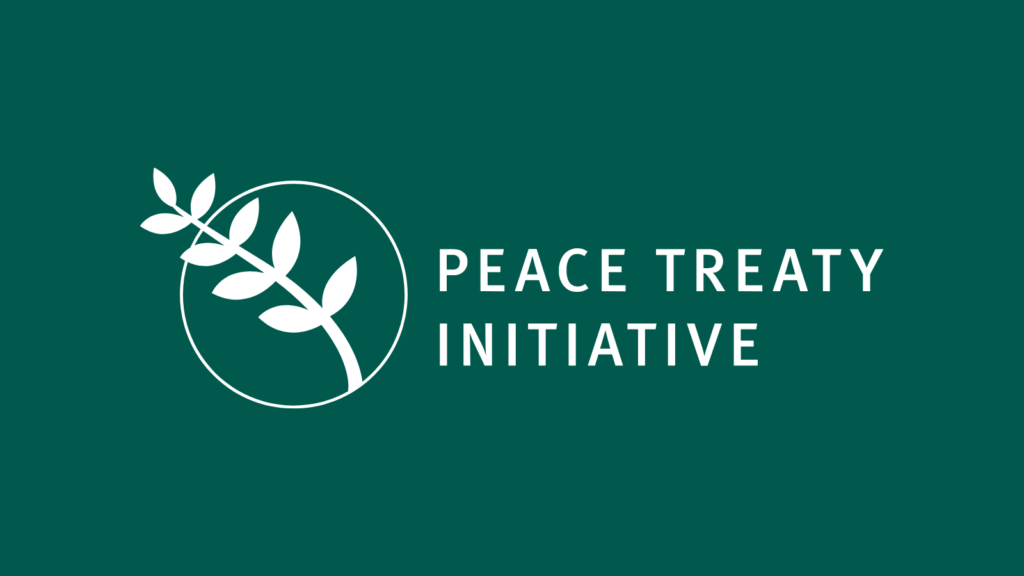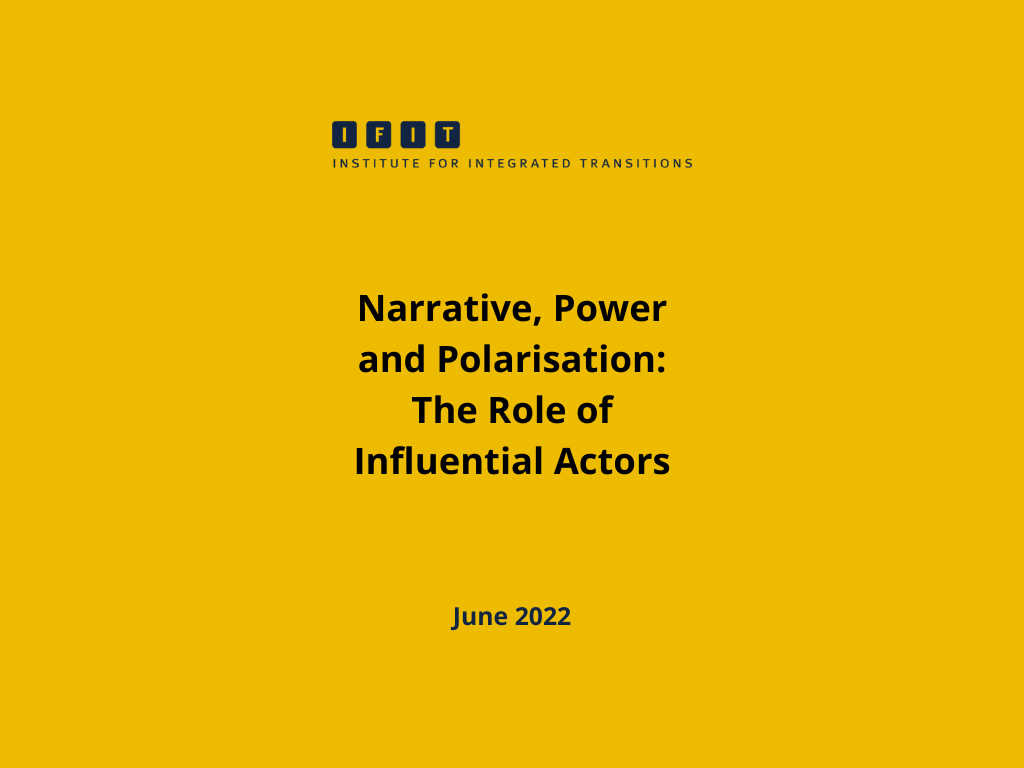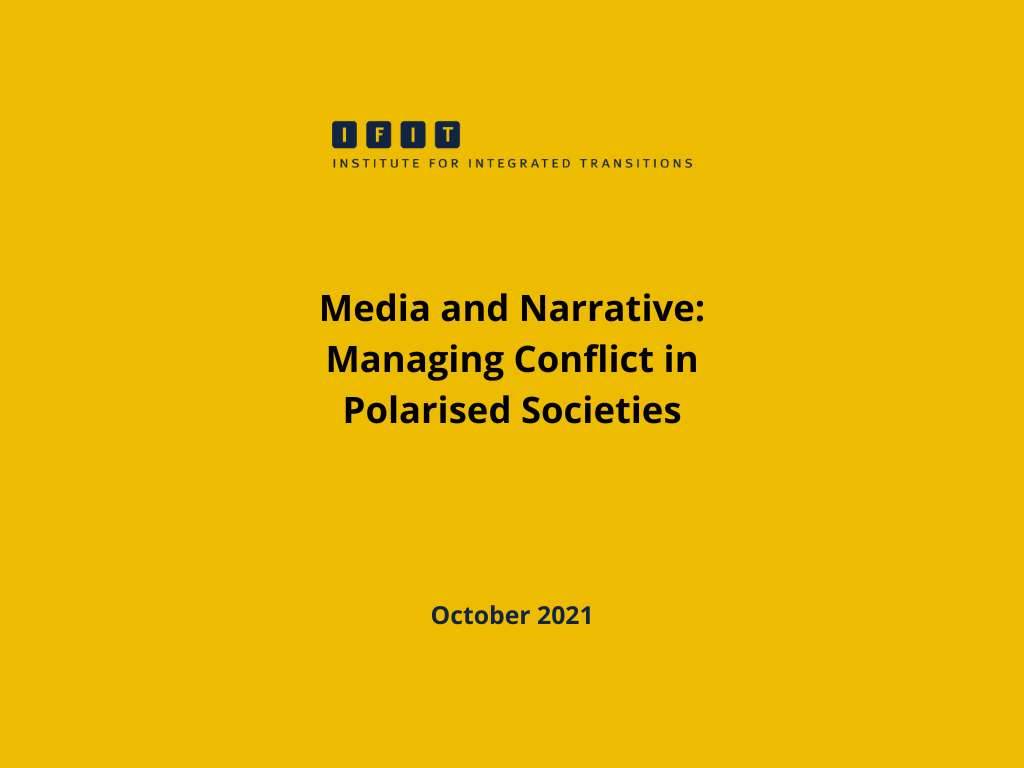Publication
/ Inclusive Narratives
Sep 2017
Inclusive Social Contracts in Fragile States in Transition: Strengthening the Building Blocks of Success
Combining in-depth expert interviews with desk and field research, this new IFIT publication examines and contrasts positive and negative lessons from specific transitions that occurred in four regional pairings of cases: Ukraine and Macedonia; Tunisia and Libya; Sri Lanka and Nepal; and Colombia and Guatemala.
Transitions often struggle due to underlying fault lines that divide societal groups and debilitate institutions. This publication highlights that a more comprehensive approach is needed, involving a combination of three building blocks: 1) the bringing together of different groups around a “social covenant” that bridges social divides and creates a greater common sense of nationhood; 2) the deliberate adoption of inclusiveness as a guiding principle across a broad range of policy areas (e.g. politics, education, rule of law, security, economics, culture); and 3) the establishment or strengthening of measures that enforce political commitments and reduce biases in how institutions work.
In explaining these three building blocks, the publication aims to enable national and international policymakers and practitioners to better understand and assess the underlying dynamics that influence how likely a country is to forge a strong, inclusive social contract.
The DOI registration ID for this publication is: https://doi.org/10.5281/zenodo.10490627
You may also be interested in
Combining in-depth expert interviews with desk and field research, this new IFIT publication examines and contrasts positive and negative lessons from specific transitions that occurred in four regional pairings of cases: Ukraine and Macedonia; Tunisia and Libya; Sri Lanka and Nepal; and Colombia and Guatemala.
Transitions often struggle due to underlying fault lines that divide societal groups and debilitate institutions. This publication highlights that a more comprehensive approach is needed, involving a combination of three building blocks: 1) the bringing together of different groups around a “social covenant” that bridges social divides and creates a greater common sense of nationhood; 2) the deliberate adoption of inclusiveness as a guiding principle across a broad range of policy areas (e.g. politics, education, rule of law, security, economics, culture); and 3) the establishment or strengthening of measures that enforce political commitments and reduce biases in how institutions work.
In explaining these three building blocks, the publication aims to enable national and international policymakers and practitioners to better understand and assess the underlying dynamics that influence how likely a country is to forge a strong, inclusive social contract.
The DOI registration ID for this publication is: https://doi.org/10.5281/zenodo.10490627







